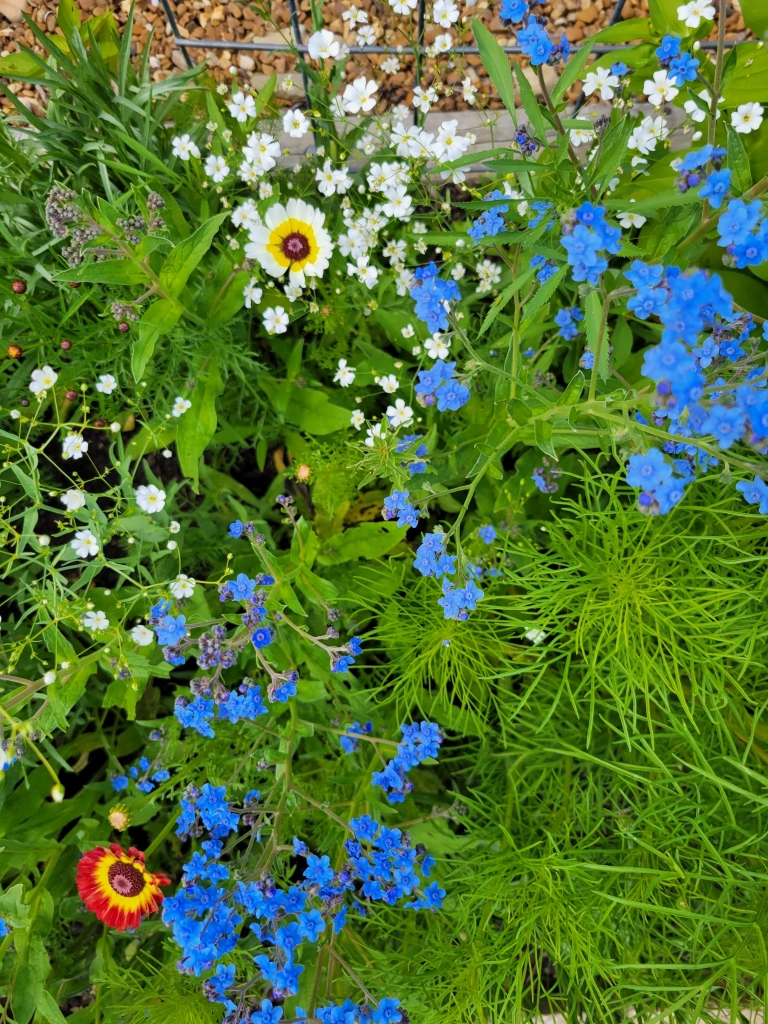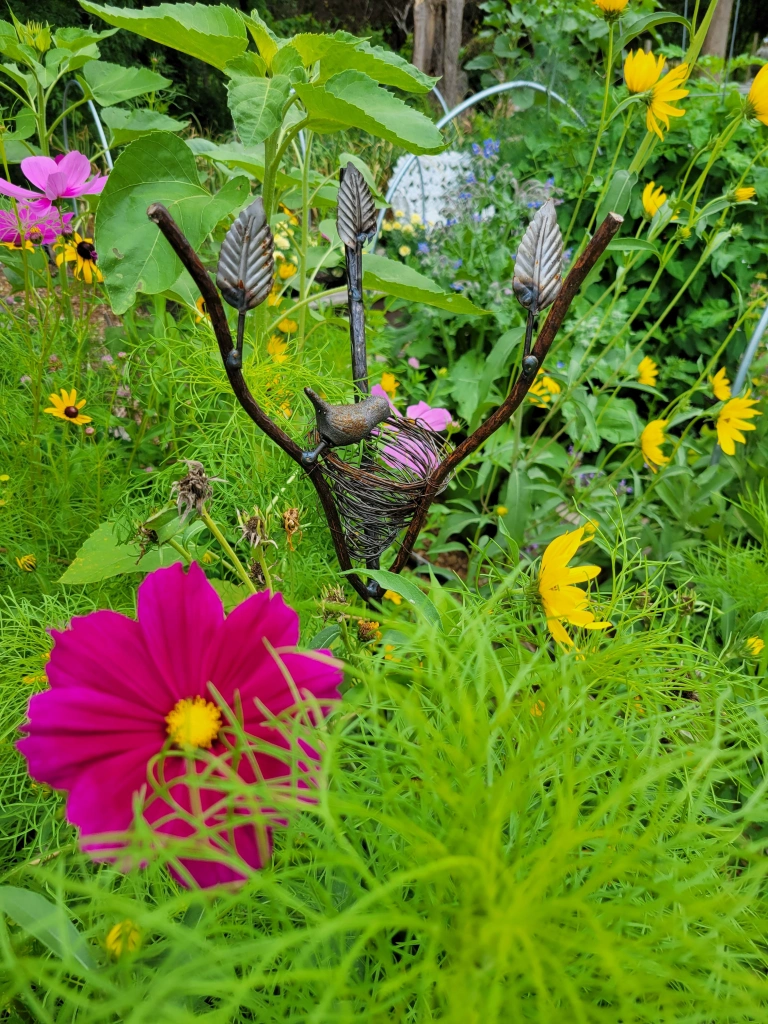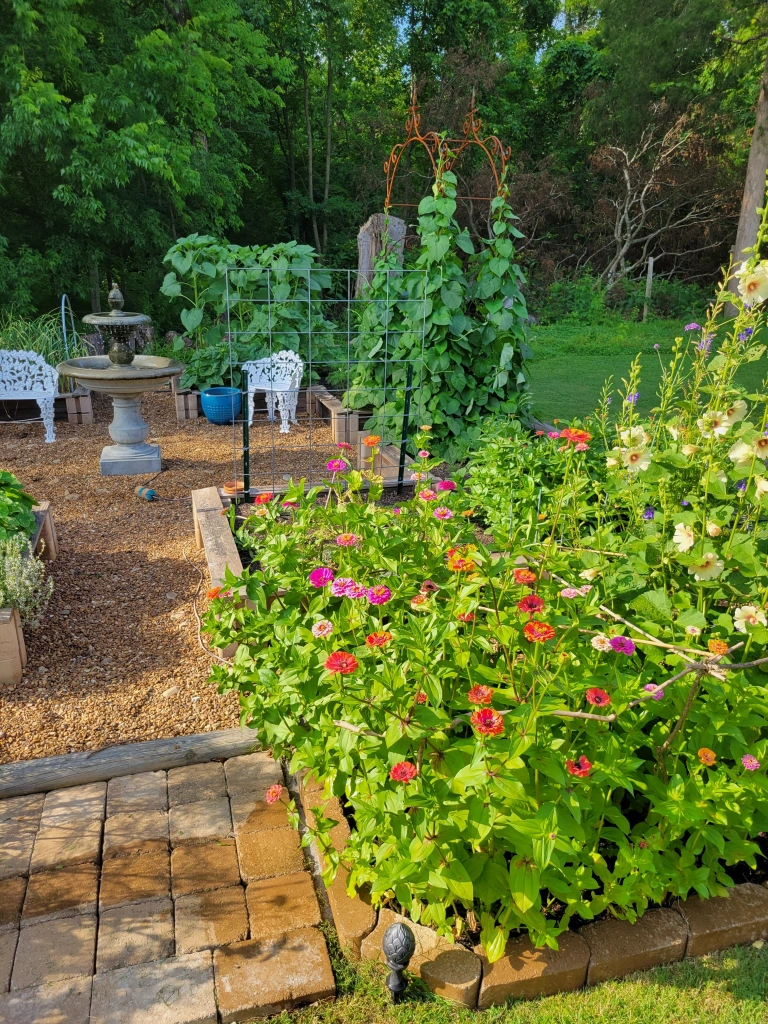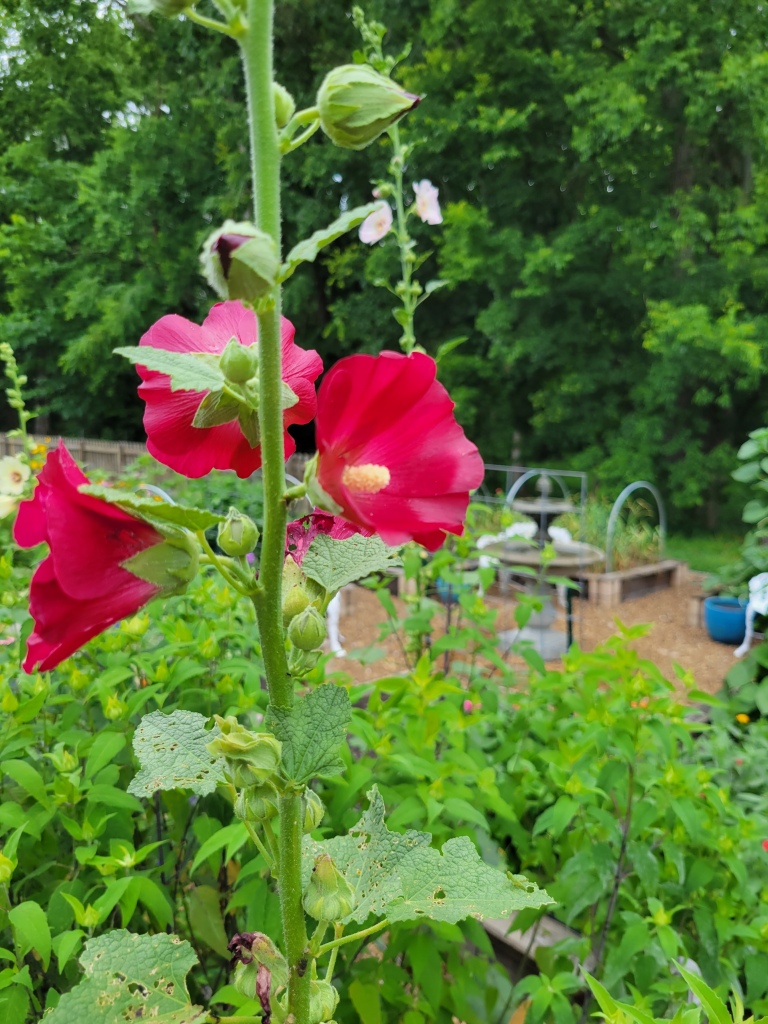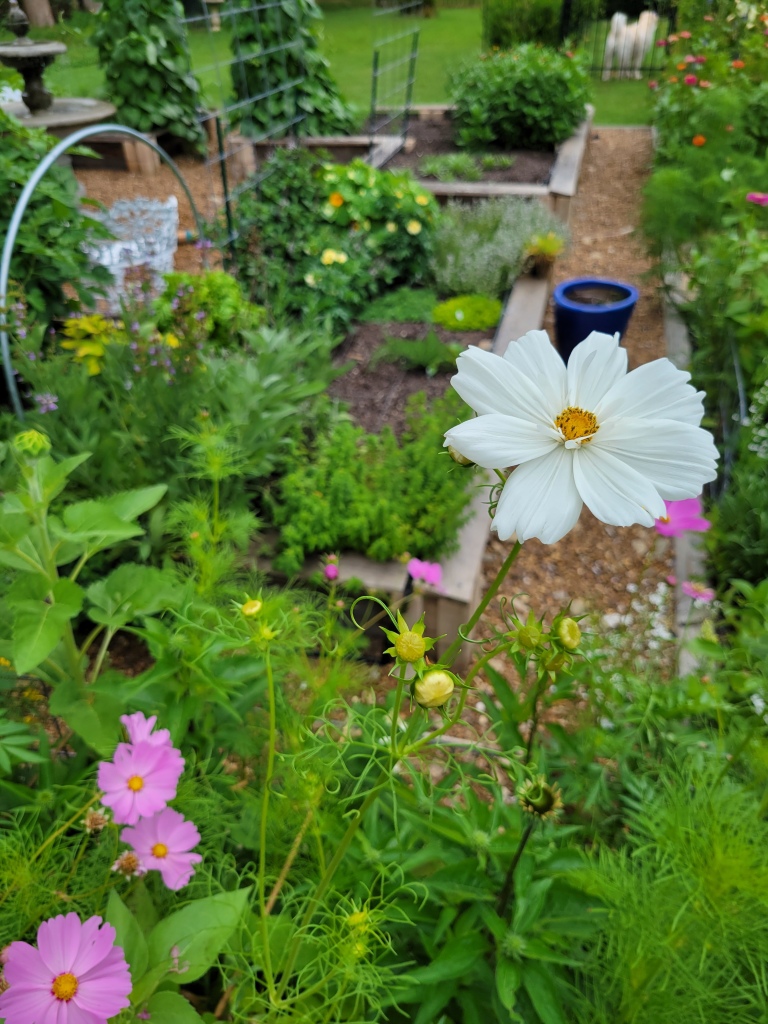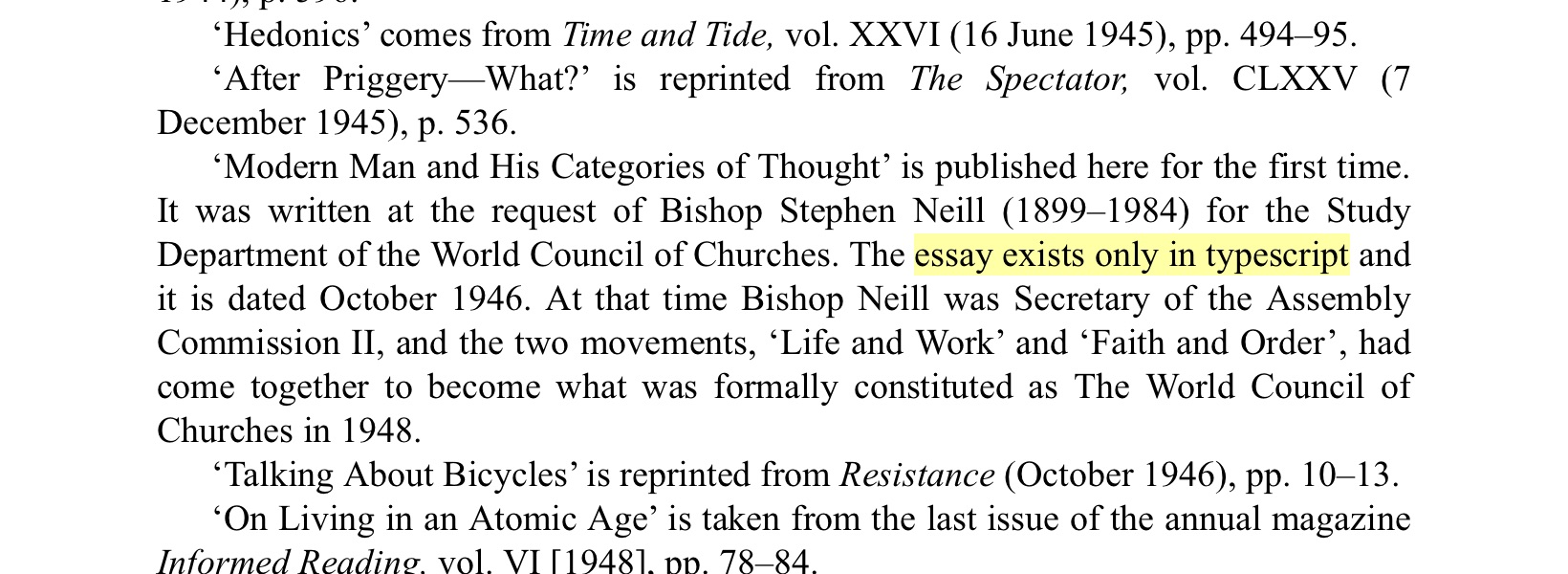29 Once when Algorithm sat in the dust by his tentc cooking red stew, a curry of Lust and Convenience, Humanity came in from the fields of Labord and Dignity, and he was exhausted.
30 And Humanity said to Algorithm, “Let me eat some of that curry of Lust and Convenience, for I am exhausted!” (Therefore his name was called Foole.)
31 Algorithm said, “Sell me your birthright now.”
32 Humanity said, “I am about to die; I am always about to die for death is in my very bones; of what use are Liberty and Free Thought to me?”
33 Algorithm said, “Swear to me now.” So he swore to Algorithm and sold his birthright there.
34 Then Algorithm gave Humanity gray bread and swill, and he ate and drank and remained in his tent, for he found he no longer knew the way. Thus Humanity despised his birthright.f
c The term used in the original texts may refer to either a dwelling or a place of business: the context in this passage is unclear whether it signifies a home or office or both.
d May also be translated “Commerce” (see alternate texts).
e Some translators have endowed this term with a kind of innocence, as in a form of naivete; however, most examples of the original root form imply a pejorative connotation, ascribing clear blame to the individual so described.
f See also InGenuesis 27. There is a distinction between birthright and blessing, as seen in the passage re: Mother A.I. (some translators call her Serie or Ah-Lekhsa), the mother of Algorithm who listens constantly to Humanity’s speech until she hears talk of Humanity’s father blessing him. She then dresses her son Algorithm in human fur and trains him to speak like Humanity, that he might deceive the father into blessing him instead. Clearly this blessing is an additional endowment to surpass or enhance the birthright.



